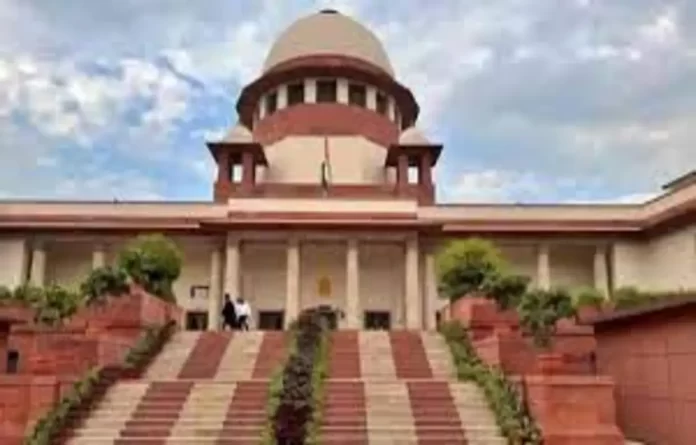The Supreme Court on Wednesday suggested implementing environmental safeguards and raised concerns about people’s health and welfare while hearing Vedanta’s plea for resumption of its operations at its copper smelter facility in Tamil Nadu’s Tuticorin.
A bench of Chief Justice of India DY Chandrachud, Justice JB Pardiwala and Justice Manoj Misra stated that there is a need to protect the health and welfare of the people. The court added that they cannot be oblivious to the wider concerns of the community.
Appearing for Vedanta, Senior Advocate Shyam Divan informed the bench that the environmental clearance was granted in 2007 and was never ever challenged. To this, the bench observed that they may not be able to direct them to start operating today, but ensure that terms are put to you by an expert panel that show how a red category industry can start, and deposit a certain amount by which the company can start by satisfying environmental safeguards.
The Chief Justice of India stated that they also do not want to find fault with the High Court because if Vedanta applies for renewal, then they can look beyond closure and state of industry today. He added that the court cannot take a strict administrative law approach in this.
Subsequently, Senior Advocate Divan suggested the formation of an expert committee comprising the Tamil Nadu Pollution Control Board, the Ministry of Environment, Forest and Climate Change of India, National Environmental Engineering Research Institute, Vendanta and other officials.
He further proposed that a retired justice of the Supreme Court can lead the committee and the committee can submit a report within a month on whether Vedanta can resume the copper smelter plant along with additional environmental safeguards. Representing the Tamil Nadu government, Senior advocate CS Vaidyanathan opposed the submissions.
He pointed out that committee after committee has found evidence of pollution. He nopted that the top court has held that economic interests will pave the way for environmental protection interests.
Echoing its earlier suggestions to the committee, the CJI said that a committee can lay down conditions and if the conditions are not met, they will not operate it. The hearing will continue on Thursday.


